Renowned sociologist, historian, philosopher, politician and statesman Ibn Khaldun, widely called the “Father of Social Sciences,” passed away 619 years ago. His works have had a profound impact on both Western and Eastern civilizations.
Born Abdurrahman ibn Muhammad ibn Khaldun on May 27, 1332, in Tunis, Ibn Khaldun hailed from Yemen’s Hadramaut region. His family, tracing its roots to the Islamic mission of the companion Wail ibn Hujr, had a long tradition of spreading Islam and teaching the Quran. His father, Muhammad, a scholar and educator, provided Ibn Khaldun with his early education.
Ibn Khaldun memorized the Quran and studied various disciplines, including Quranic recitation, hadith, biography, Islamic jurisprudence, logic, philosophy, mathematics, Arabic language and literature, under the tutelage of prominent scholars of his time.
In his youth, Ibn Khaldun experienced profound personal loss, including the death of his grandfather, followed by the tragic loss of his parents and several teachers during the widespread plague that devastated Europe. Following the Merinid conquest of Tunisia, he studied with scholars from Andalusia, while also holding various important government positions across North Africa.
A key figure in politics and bureaucracy, Ibn Khaldun worked with sultans and viziers and served as a judge and professor throughout his life. His political career began in Tunis as a clerk, and he later took roles in Fes, where he continued his scholarly work in local libraries. Despite his prominent political roles, he maintained an academic focus and eventually wrote his seminal work, “Muqaddimah,” which later became part of his major historical work “Kitab al-Ibar.”
After spending time in Andalusia, Ibn Khaldun moved to Bicaya and then to Fez, where he wrote extensively, including completing the first drafts of “Muqaddimah” in 1377. Later, in Cairo, he was appointed as a professor at the famous Kamhiyeh Madrassa and held key judicial positions under the Mamluks. His most influential work, “Kitab al-Ibar,” was completed during this period, with a focus on history, politics and the development of societies.
Ibn Khaldun’s groundbreaking theories on the rise and fall of civilizations, encapsulated in “Muqaddimah,” significantly shaped both Western and Eastern thought. He is considered the founder of the field of “human civilization science” (Umran), which explores the dynamics of human societies and their historical processes.
His works were largely rediscovered by European scholars in the 19th century, and his insights influenced many thinkers and intellectuals. In the modern world, Ibn Khaldun’s theories have remained relevant, providing a foundational framework for understanding the rise and fall of states and the dynamics of social systems.
Ibn Khaldun died on March 19, 1406, at 74 in Cairo. He was buried at the Sufiya Cemetery. His legacy, especially through “Muqaddimah” and “Kitab al-Ibar,” continues to impact scholars across disciplines, making him a pivotal figure in social science and history development.
Ibn Khaldun’s work laid the groundwork for understanding the complexities of societal change and governance, providing a theoretical foundation for those seeking to understand the global interconnectedness of civilizations today.

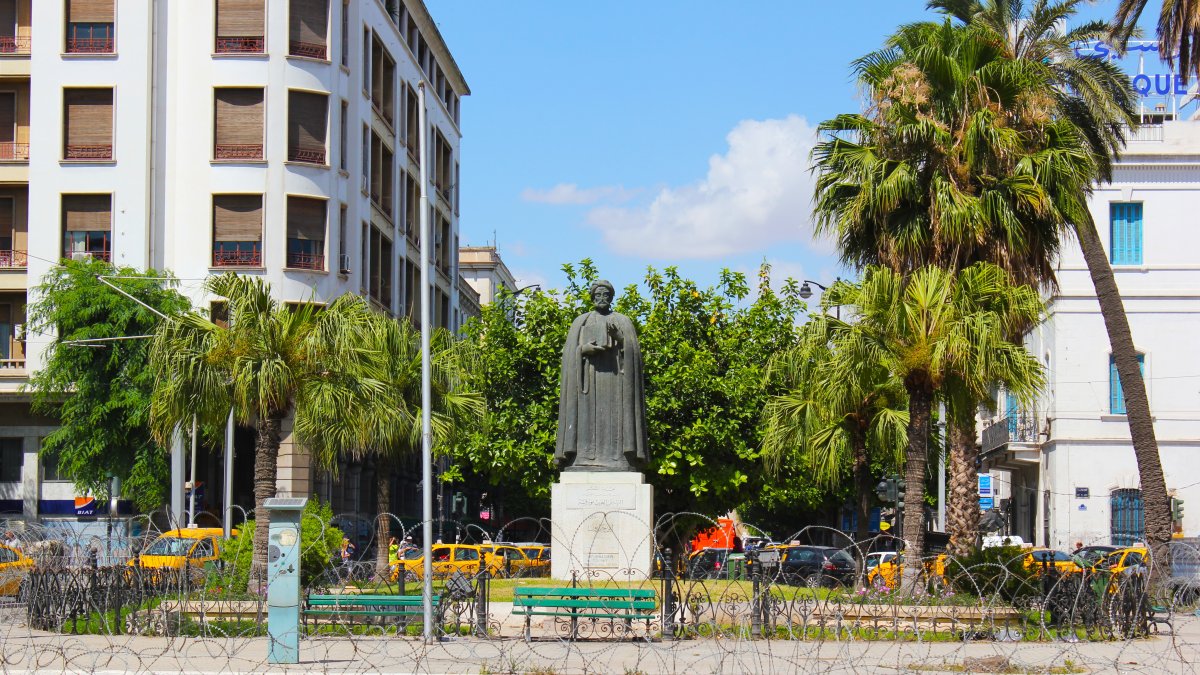


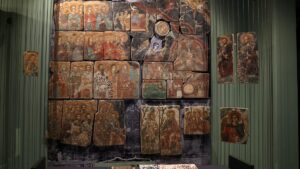




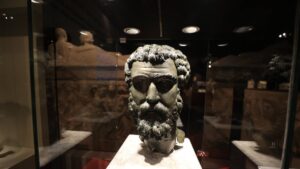







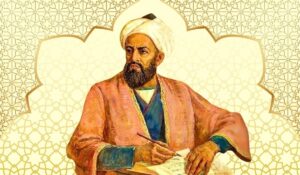
















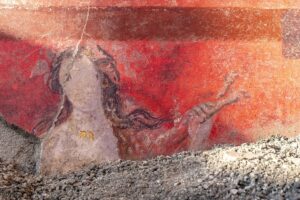

















Be First to Comment